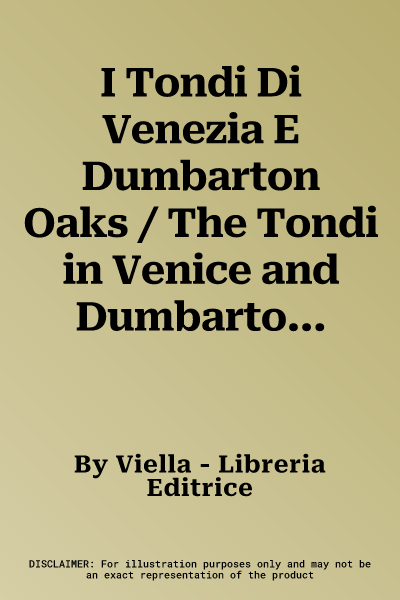Viella - Libreria Editrice
(Author)I Tondi Di Venezia E Dumbarton Oaks / The Tondi in Venice and Dumbarton Oaks: Arte E Ideologia Imperiale Tra Bisanzio E Venezia / Art and Imperial IdePaperback, 1 June 2019

Qty
1
Turbo
Ships in 2 - 3 days
Only 2 left
Free Delivery
Cash on Delivery
15 Days
Free Returns
Secure Checkout

Part of Series
Venetiana
Print Length
260 pages
Language
ItalianEnglish
Publisher
Viella
Date Published
1 Jun 2019
ISBN-10
8833131165
ISBN-13
9788833131160
Description
Product Details
Author:
Book Format:
Paperback
Country of Origin:
US
Date Published:
1 June 2019
Dimensions:
20.4 x
14.61 x
2.21 cm
ISBN-10:
8833131165
ISBN-13:
9788833131160
Language:
Italian
English
Location:
Rome
Pages:
260
Publisher:
Series:
Weight:
439.98 gm